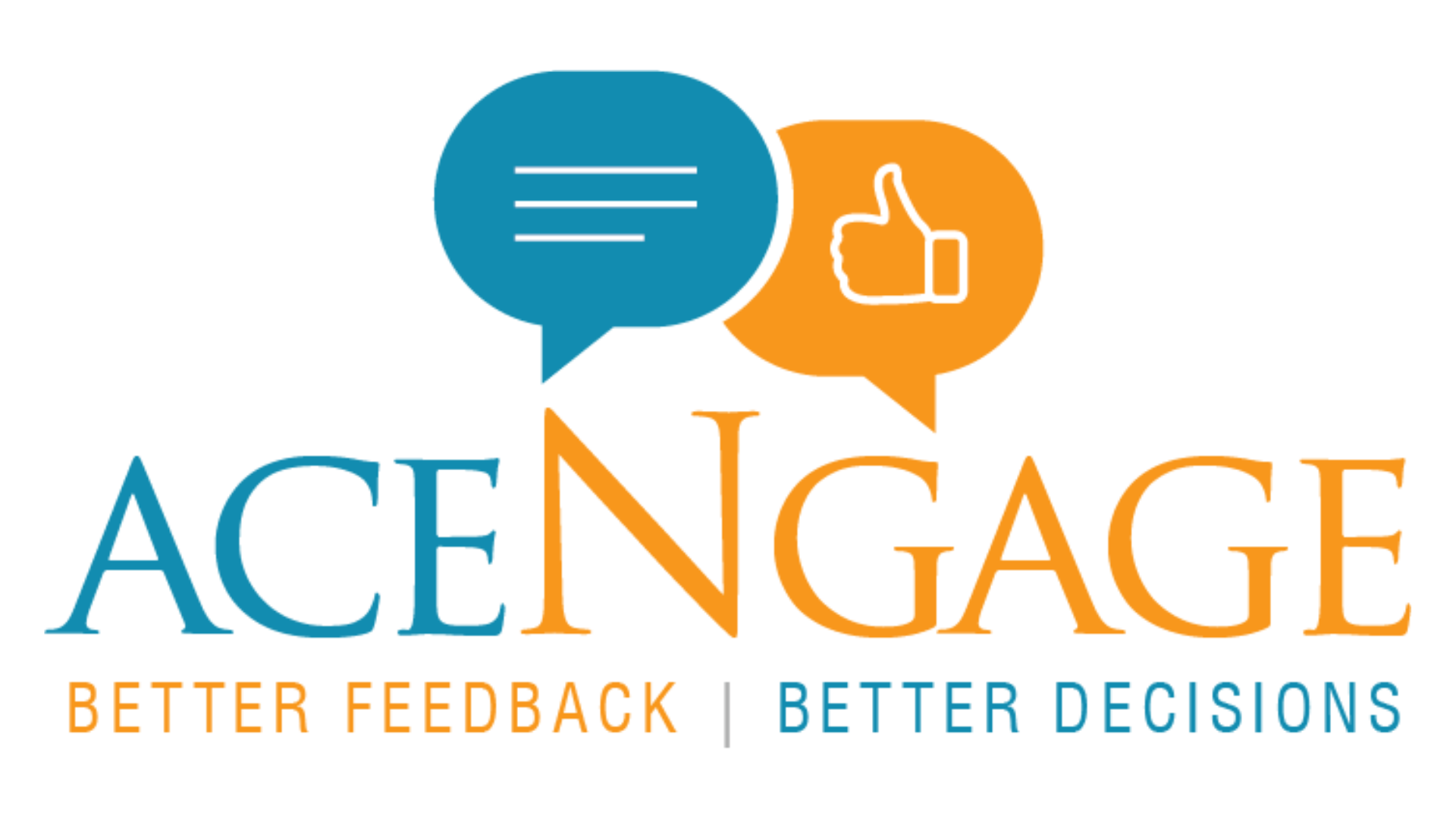Imagine this: An employee submits their resignation, serves their notice period, and walks out the door.
HR sends a quick offboarding survey. Click. Submit. Done.
Or… you sit them down for a detailed exit interview, asking the real questions that matter.
Which method gives you better insights into why employees leave?
Companies worldwide are split between these two approaches. While exit interviews involve in-depth conversations, offboarding surveys offer quick, data-driven insights.
But which one actually works better for improving retention and refining HR strategies?
The Cost of Employee Attrition: Why Exit Data Matters
Before we get into the debate, let’s talk business impact:
- The cost of replacing an employee is 50-200% of their annual salary (SHRM).
- 52% of exiting employees say their company could have prevented their departure (Gallup).
- Companies that actively analyze exit data can reduce turnover by 20-25% (Harvard Business Review).
So, whether it’s an exit interview or an offboarding survey, getting accurate, actionable insights is crucial.
Now, let’s compare the two methods.
Exit Interviews: The Power of a Conversation
What is an Exit Interview?
An exit interview is a structured conversation between the HR team (or a third-party expert) and the departing employee. It focuses on why they’re leaving, their experience, and what could have been done differently.
✅ Best For:
- Deep insights into workplace culture, leadership, and engagement.
- Understanding hidden patterns behind attrition.
- Personalized feedback that surveys can’t capture.
💡 Example: A leading fintech company found that 80% of their exiting employees cited “lack of career growth” as a reason for leaving. By introducing internal mobility programs, they reduced voluntary exits by 27% in one year.
Pros of Exit Interviews:
✔️ Detailed insights: Employees express concerns more openly in a conversation.
✔️ Customizable: HR can probe deeper based on employee responses.
✔️ Builds goodwill: Shows employees that their feedback is valued.
Cons of Exit Interviews:
❌ Time-consuming: HR teams need to allocate time for one-on-one discussions.
❌ Bias risk: Employees may not be entirely honest if they fear burning bridges.
💡 CHRO Insight:
“Exit interviews helped us discover that mid-level employees were leaving due to ineffective managers. We launched leadership training, and our retention improved by 18%.”
Offboarding Surveys: Data at Scale
What is an Offboarding Survey?
An offboarding survey is a structured questionnaire that employees complete before they leave. It captures feedback on company culture, leadership, and job satisfaction.
✅ Best For:
- Quick data collection at scale.
- Identifying broad trends across departments.
- Providing measurable, quantifiable insights.
💡 Example: A global IT services firm noticed a spike in exits from a specific department. Their offboarding survey revealed that work-life balance was a major issue. The company introduced a hybrid work model, reducing attrition by 22%.
Pros of Offboarding Surveys:
✔️ Fast & scalable: Easier to collect and analyze responses from large teams.
✔️ More anonymous: Employees may feel more comfortable providing honest feedback.
✔️ Data-driven insights: Helps HR spot patterns using analytics.
Cons of Offboarding Surveys:
❌ Lacks depth: Surveys often fail to capture nuanced reasons behind exits.
❌ Low response rates: Employees may ignore them or provide superficial answers.
❌ Generic approach: Can’t dig deeper like a conversation would.
💡 CFO Insight:
“We realized our exit survey response rates were dropping. Employees weren’t engaging, and we were missing critical feedback.”
Exit Interviews vs. Offboarding Surveys: A Side-by-Side Comparison
| Feature | Exit Interviews | Offboarding Surveys |
|---|---|---|
| Depth of Insights | High – allows probing questions | Low – limited to predefined options |
| Response Rate | Medium – depends on employee engagement | Low – surveys are often ignored |
| Time Required | High – requires HR bandwidth | Low – automated process |
| Anonymity | Low – employees may hesitate to be honest | High – more candid responses |
| Customization | High – personalized conversations | Low – standardized format |
| Scalability | Low – not feasible for large teams | High – can be rolled out company-wide |
| Bias Risk | High – employees may filter responses | Medium – anonymous responses reduce bias |
Which One Works Better?
👉 If you’re a large enterprise with thousands of employees, offboarding surveys might be more practical.
👉 If you’re looking for deeper, more actionable insights, exit interviews are the better choice.
💡 The Best Approach? Use Both.
Many top companies combine exit interviews and offboarding surveys for maximum impact:
1️⃣ Start with a survey to get structured, measurable data.
2️⃣ Follow up with an exit interview for more detailed insights where needed.
3️⃣ Analyze both datasets to uncover actionable trends.
✅ Example: A Fortune 500 company combined offboarding surveys and exit interviews. The surveys provided broad trends, while exit interviews offered in-depth insights. This approach reduced their attrition rate by 15% in two years.
Why Outsourcing Exit Interviews Makes Sense
Let’s be honest—HR teams are already stretched thin. Conducting high-quality exit interviews requires expertise, neutrality, and time.
That’s why companies are increasingly outsourcing exit interviews to experts like AceNgage.
Here’s why:
| Factor | In-House Exit Interviews | Outsourced Exit Interviews |
|---|---|---|
| Employee Trust | Lower – employees may not be fully honest with HR | Higher – employees open up to a neutral third party |
| Data Analysis | Limited – manual tracking | AI-powered insights with trend analysis |
| Time Commitment | High – requires HR bandwidth | Fully managed service |
| Actionable Insights | Basic reporting | Strategic recommendations for retention |
💡 HR Director Insight:
“Outsourcing exit interviews helped us uncover deeper cultural issues that surveys never revealed. It was a game-changer for our retention strategy.”
Final Thoughts: Making the Right Choice for Your Organization
So, exit interviews or offboarding surveys?
📌 If you want quick, quantifiable data → Use offboarding surveys.
📌 If you need deep, personalized insights → Conduct exit interviews.
📌 If you want the best of both worlds → Combine both for maximum impact.
At AceNgage, we specialize in unbiased, structured exit interviews that provide data-driven insights to improve retention.
👉 Want to unlock the real reasons employees leave? Let’s talk!






